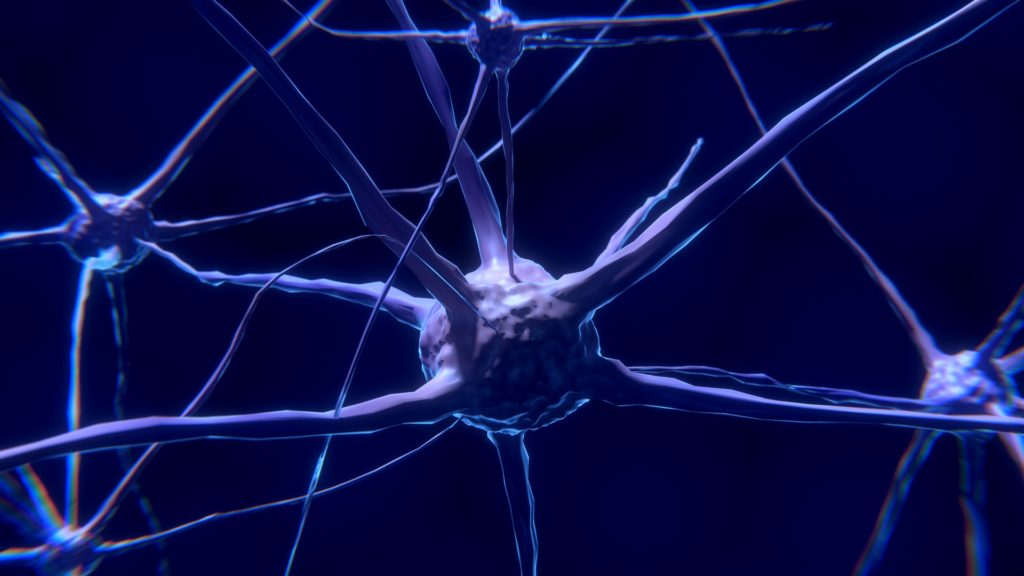Neuro-Ophthalmology
Double vision
Missing vision
Multiple Sclerosis
Stroke
Dr Kenneth Chang, MD
808-373-9373
What is neuro-ophthalmology?
You may have heard the saying, “If the only tool you have is a hammer, you might treat everything as if it were a nail.” This is very applicable in ophthalmology. Neuro-ophthalmology is a fascinating subspecialty that encompasses both neurology and ophthalmology, and deals with visual problems that do not come from the eyeball itself.
The correct treatment begins with the correct diagnosis; and those with neuro-ophthalmic training have the unique ability to assess the visual system from the eyeball to the brain.

What common problems do neuro-ophthalmologists evaluate?
Nearly 1/2 of the brain is used for vision, so problems in the brain can manifest as visual problems.
Common problems evaluated by neuro-ophthalmologists include:
- optic nerve problems (such as optic neuritis from multiple sclerosis)
- vision loss from stroke
- visual field loss
- unexplained visual loss
- transient visual loss
- visual disturbances
- double vision
- abnormal eye movements
- thyroid eye disease
- myasthenia gravis
- unequal pupil size
- eyelid abnormalities
While many neuro-ophthalmic conditions are not vision threatening, some conditions can cause permanent visual loss, or become life threatening.

What is the value of seeing a neuro-ophthalmologist?
Neuro-ophthalmologists have unique abilities to evaluate patients from the neurologic, ophthalmologic, and medical standpoints to diagnose and treat a wide variety of problems. Costly medical testing is often avoided by seeing a neuro-ophthalmologist.
There are fewer than 200 practicing neuro-ophthalmologists in the United States. Training involves at least 9 years of formal training after college; including medical school, internship, a residency in either ophthalmology or neurology, and fellowship training.
Dr. Chang completed his neuro-ophthalmology fellowship at Harvard Medical School and then stayed on as a faculty member teaching for 7 years prior to returning to Hawaii.
